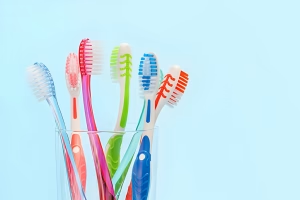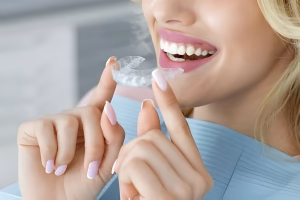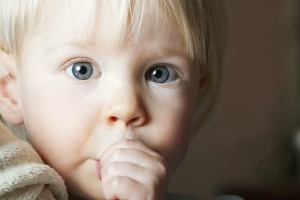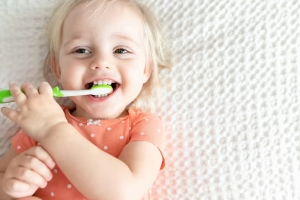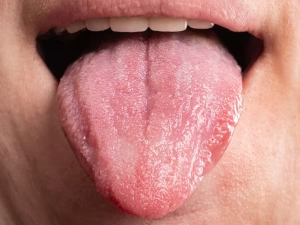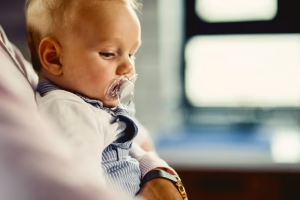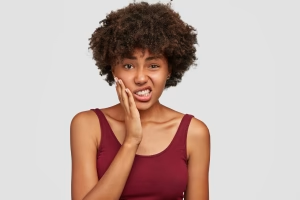5 Pro Tips From Parents Dentists: Make Your Kids Love Brushing
27 February 2018
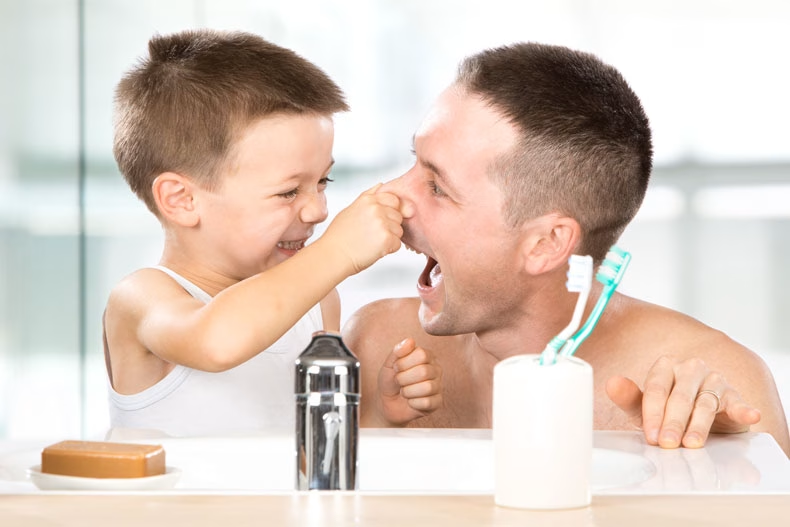
If you are a parent, you’re probably struggling to convince your kids to keep their teeth clean. No matter how hard you try to explain the importance of brushing, kids will still try to avoid it until you tell them to do so. You might think that parents who are dentists don’t suffer as much as you do. Well, you’re mistaken – parents dentists go through the same troubles explaining their children why oral hygiene is important. However, being dentists, they mastered the tricks to make their kids brush their teeth regularly.
US at MGA Dental are no different. We also went through this phase with our children and we are happy to share our experiences with you. Here are some of our tips you can try with your kids.
1. Start as early as you can
“There’s one thing I can say about introducing oral hygiene to your kids: it’s never too early to start” says Dr Prokic. “As long as your kids understand what you’re saying, it’s not early. And before they understand what you’re saying, they can get used to idea of brushing by watching you do it. You can help them get used to the feeling of having toothpaste in their mouth. Put a small amount of toothpaste on your finger and slowly rub their baby teeth and gums with it.” Kids won’t only get used to the feeling, they will also be exposed to toothpaste ingredients early, which will keep their baby teeth healthy and decrease the chance of getting decays.
2. Keep your oral hygiene together, as a family
There’s no better way to inspire your kids to do something than setting an example for them. Dr Prokic says that he used to brush his teeth together with his kids: “They grew up to become dentists themselves, so I suppose it wasn’t such a bad experience for them”. There are a couple of reasons why this approach works. Observational learning, often referred to as shaping and modelling, is the way kids adopt some good (and bad habits). They are more likely to imitate the persons they are close to and whom they love, and this is why parents’ influence is so powerful. Another reason is “subtle” supervision. By brushing with your children, you are supervising them as well, making sure they’re doing a good job.
3. Reward the good behaviour
Here’s another psychological concept that can help you out – learning/adopting habits with the help of reward. Using rewards has shown to be motivational for people, when done properly. The reward needs to be appropriate and given at the right time, so the children know exactly what they have been rewarded for. “Make sure you reward your kids verbally. One “good job!” praise can do wonders in the long run. You can always offer them a star sticker or a similar small reward when they brush well. I hope that I don’t need to mention that sweets are not a good reward for this action”, says Dr Prokic. Install a reward chart and place stars on it; when kids collect 10 stars, you can surprise them with a favourite toy!
4. Introduce play into brushing
Sometimes not even the above mentioned tips won’t help. Children can get cranky without any obvious reason, and every single word that comes out of their mouth is “no”. How to deal with those moods and whims without making a fuss and punishing them? Converting brushing to playtime is a good idea. How are you going to make your children believe that brushing is actually playtime? Bring their favourite teddy bear and make him a part of the play. Make the act of brushing a smaller part of the play and be creative. An idea from Dr Prokic: “You can encourage them to brush the teddy’s teeth first. Then, they’ll surely want to brush their teeth as well!”. This way, you will encourage kids to continue to “play” with their teddy bear friend in the future, and have clean pearly whites at the same time.
5. Avoid strong toothpastes and mouthwash
On the market, there are all sorts of toothpastes, ranging from pleasantly flavoured to outright disgusting. Although some high quality toothpastes taste very strong and “nasty”, you shouldn’t avoid using them as an adult. But, when choosing a toothpaste for your kids, avoid strong-flavoured ones, at least when they’re very young. A strong taste may discourage them from adopting dental hygiene habits because they’ll associate brushing with unpleasant sensations. Instead, choose sweet flavoured toothpastes, specially designed for kids. Also, while they’re toddlers, you might want to skip using mouthwash. It would be better to teach them how to floss instead.

